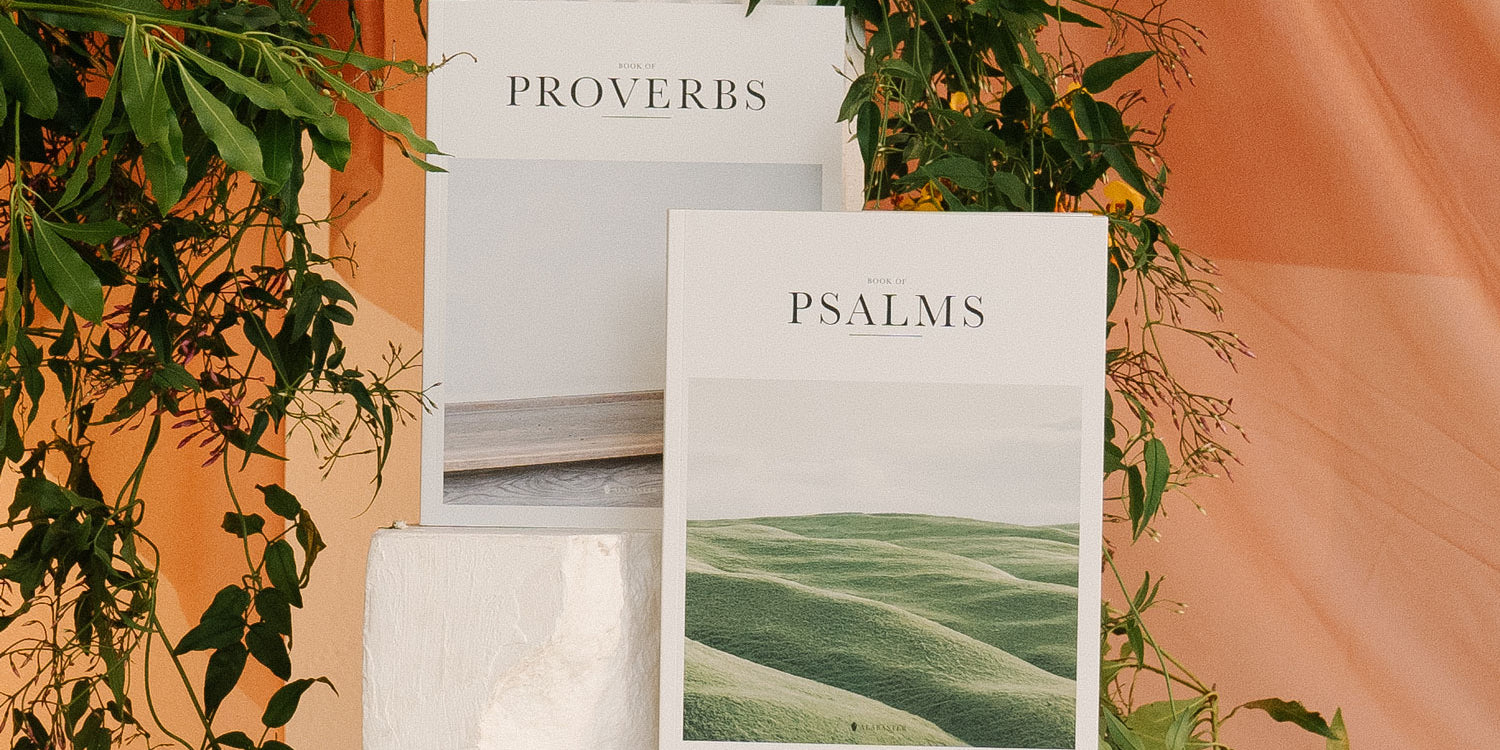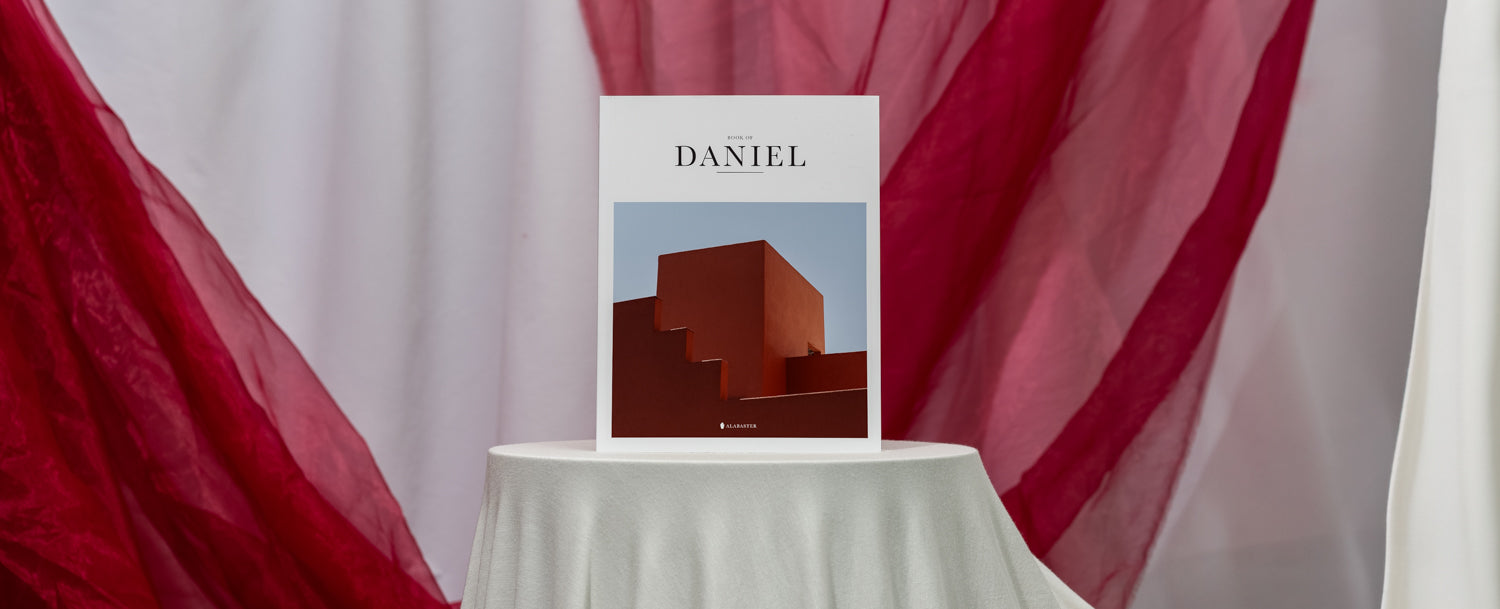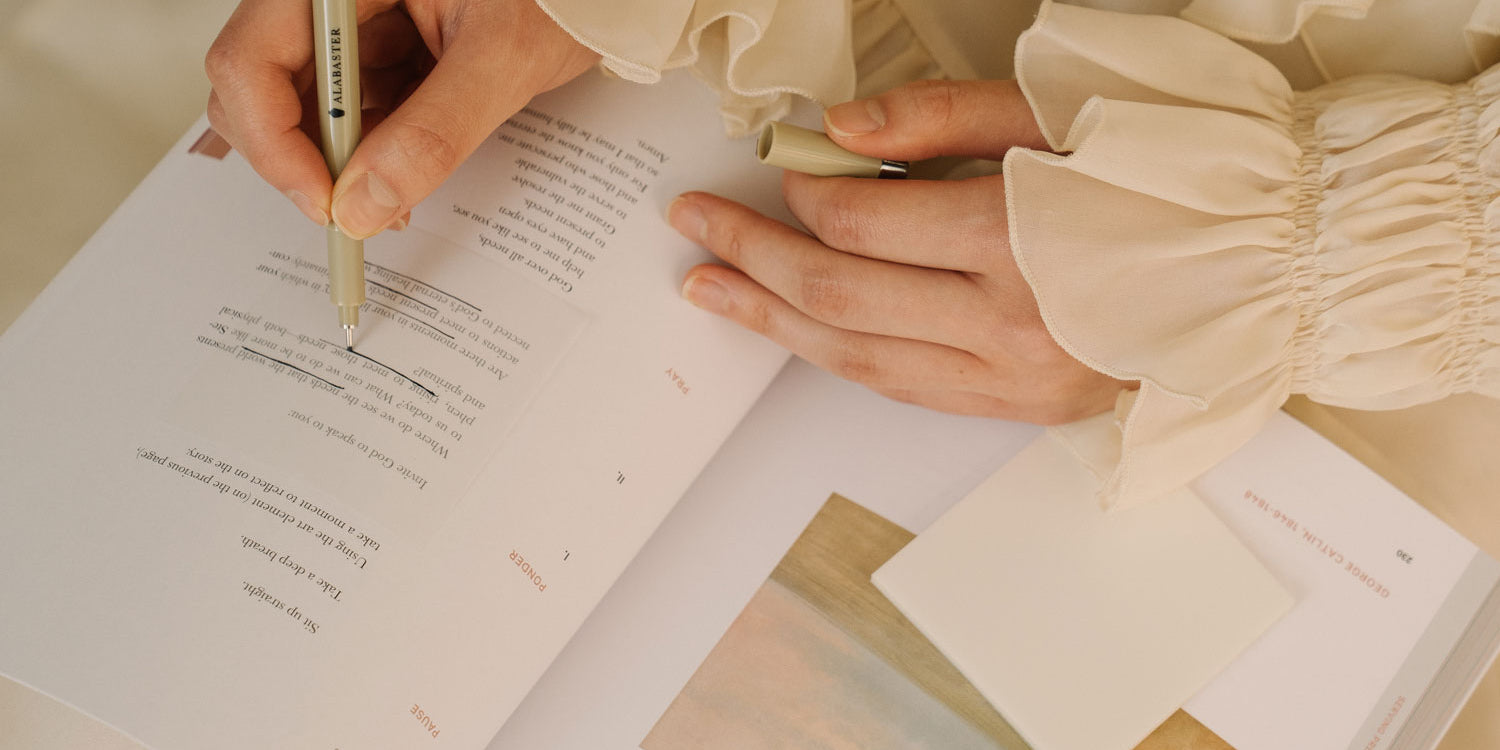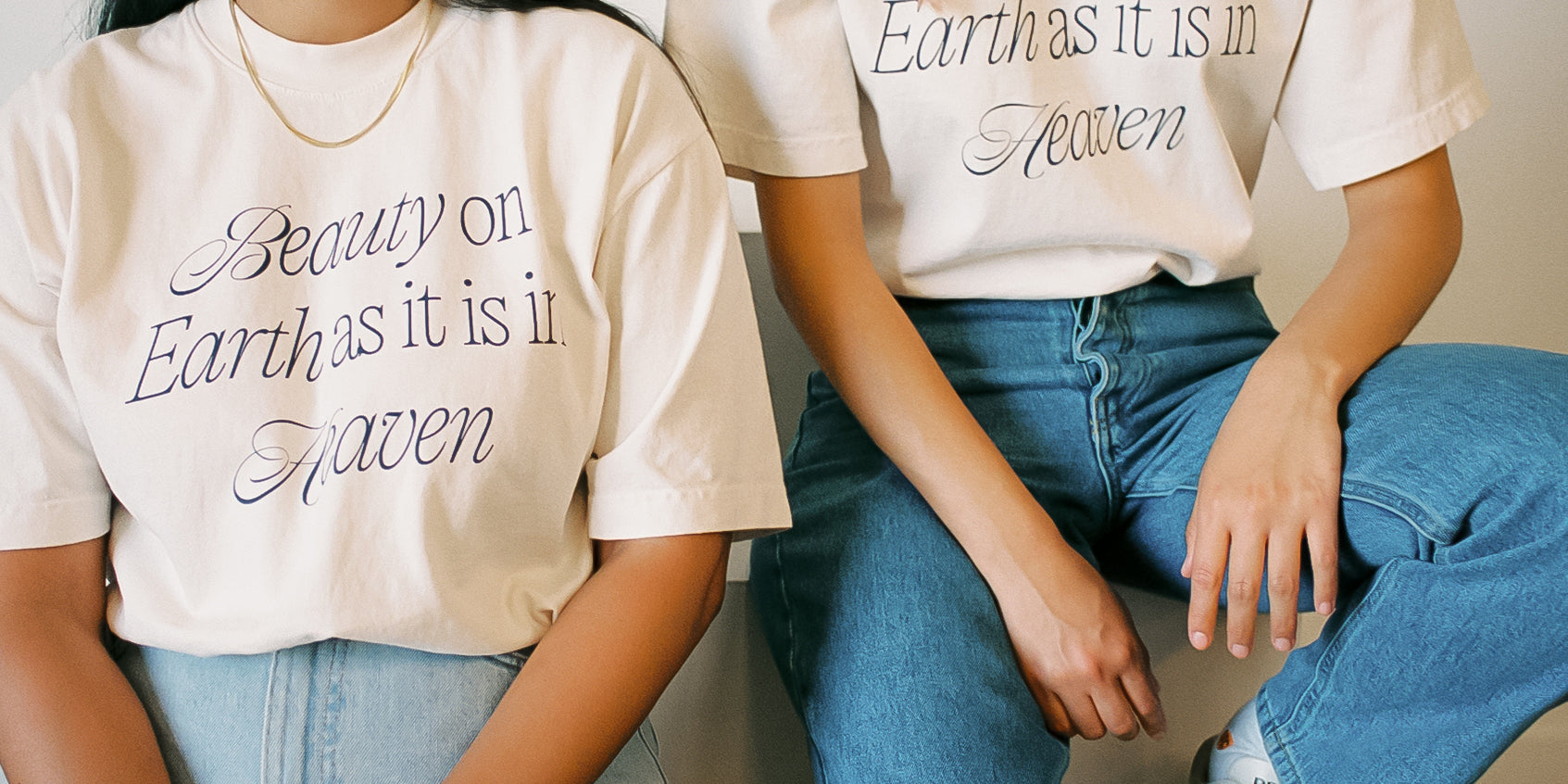"The Bible is more than prosaic rituals; it is a love letter, a story of adventure and victory, a multigenre conglomeration that God called “good,” full of mystery, romance, comedy, prophesy, even poetry."
Poetry: a form escorted by stigma and stereotype, found in the shaking shouts of angsty teenagers at open mic nights, remembered as classicized end-products of dead men like Yeats and Whitman.
Poetry: complicated, rebellious, elite, sappy, full of simplistic end rhymes.
Poetry: too much and not enough.
Often, poets are met with either reverence or pity, with statements of “I could never do what you do,” with questions about finances and five-year-plans. Without speaking or thinking, we have branded poetry as elitist, incomprehensible, & not worth the effort.
But for some of us, we have learned to praise the ways authors transform exposition and emotion into a few stanzas of poetry. How about:
Poetry: a mystic and addicting artform worth the uphill trek?
Can the same be said about the Bible—more often viewed as outdated & irrelevant than creative & breathtaking? What will make it worth it to us? Does it have something to say to creatives? Is there magic we have missed?
The Bible is more than prosaic rituals; it is a love letter, a story of adventure & victory, a multigenre conglomeration that God called “good,” full of mystery, romance, comedy, prophesy, even poetry.
“Even the darkness is not dark to you;
The night is bright as the day,
For darkness is as light with you”
– Psalm 139:12
“Your lips are like a scarlet ribbon;
your mouth is lovely.
Your temples behind your veil
are like the halves of a pomegranate.
– Song of Songs 4:3
Yet how is God’s Word true when poems are open for interpretation? Why would God choose to reveal Himself in a form as open as poetry?
In John 15 Jesus uses the metaphor of a vine to depict the relationship between Himself and his disciples. He could have cut to the chase and said: “Spend time with me or you won’t be able to do anything well.” But perhaps blunt directives prevent something God is intentional about throughout scripture—stirring up desire in His people’s souls to discover their Creator.
God’s Word is perfect in its form & its revealing of Him. As we unpack and question and read poetry in scripture, we naturally unpack, question, and read God. By His word, we understand Him (John 1:1) so by His poetry, we are introduced to a God that is creative, enigmatic, beautiful.
God chooses to use poetry to spread His gospel: good news that poetry, and by extension, God, is not just for the educated or elite, but for everyone. He “tears the veil” of poetry, a metaphorical “holy of holies”, inviting all in.
“Poetry and beauty are always making peace.When you read something beautiful...it breaks walls down.”
- Mahmoud Darwish
The call of reading poetry is the same as the call of following Jesus—to engage and to have faith when we do not understand.
Poetry requires work. Even with commentaries and analyses, the answers we leave with can be debated. But Biblical poetry is different than secular poetry in that there is always a singular Truth (Proverbs 30:5). Yet it is the search God requires, not answers. Our goal should not be conformity in opinion, but communion with God.
God, creator of poetry, is reclaiming it as His own. Poetry was meant to be a place where He is glorified and known, and it will be again. Delightfully, God asks us to participate and perpetuate the tying together of Himself & His creation (us & poetry reflection).
“So shall my word be that goes out from my mouth; it shall not return to me empty,
but it shall accomplish that which I purpose, and shall succeed in the thing for which I sent it.”
– Isaiah 55:11
Let us then approach the throne with awe and grace, praising God for his creativity, good news, and calling to partnership.
Let us learn to steward even poetry. Let it become a part of our spiritual and devotional practices.
Let us expand our picture of God.
Let us count Him worth the work.
Let our hearts wait and take courage that He will reveal Himself.
Let us find contentment in the perfection of His word and see poetry as yet another jar of clay He shines through (2 Corinthians 4:7-9).
Amen.
Words—Alana Freitas
Photos—Brandi Redd and Bryan Ye-Chung









